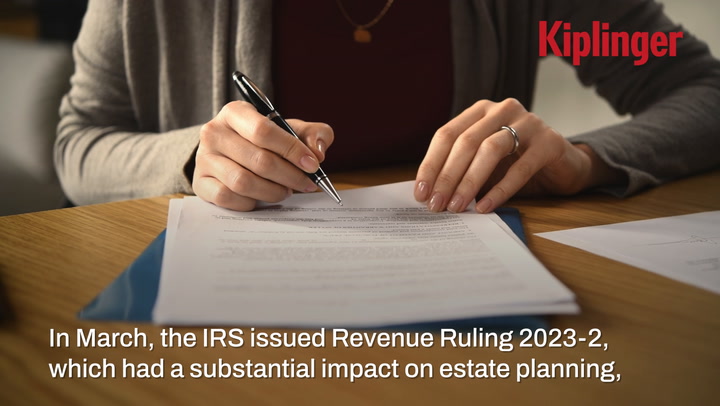The content discusses the impact of social media on society, specifically focusing on the positive and negative aspects of its influence. The positive effects of social media include increased connectivity and communication among individuals, as well as the ability to share information and resources quickly and easily. Social media platforms have also provided a platform for marginalized groups to amplify their voices and advocate for social change. Additionally, social media has revolutionized the way businesses and organizations engage with their audiences, opening up new opportunities for marketing and branding.
However, the negative effects of social media cannot be ignored. One major concern is the spread of misinformation and fake news on these platforms, which can have serious consequences for public discourse and decision-making. Social media has also been linked to increased feelings of loneliness and social isolation among users, as well as mental health issues such as anxiety and depression. The constant use of social media has been shown to contribute to addictive behaviors and a decline in overall well-being.
Another downside to social media is its potential for promoting cyberbullying and online harassment. The anonymity provided by social media platforms can embolden individuals to engage in harmful behaviors, leading to negative outcomes for victims. Additionally, the constant comparison and validation seeking that occurs on social media can impact self-esteem and confidence in users, contributing to a culture of perfectionism and insecurity. This pressure to present a curated version of oneself online can also lead to feelings of inadequacy and low self-worth.
The content also explores the role of social media in shaping political discourse and influencing public opinion. Social media has become a powerful tool for political campaigns and movements, allowing candidates and activists to reach a wide audience and mobilize supporters. However, the spread of misinformation and echo chambers on social media can also lead to polarization and the erosion of trust in institutions. The content emphasizes the need for critical thinking and media literacy skills to navigate the complex landscape of social media and distinguish between credible sources and false information.
In conclusion, while social media has undoubtedly transformed the way we communicate, connect, and engage with the world, it has also brought about a host of challenges and concerns. As society grapples with the impact of social media on mental health, relationships, and public discourse, it is crucial for individuals to approach these platforms with caution and awareness. By fostering a culture of digital citizenship and ethical use of social media, we can harness its potential for positive change and minimize its negative effects on society. Ultimately, the future of social media will depend on how we navigate these complex issues and strive for a more balanced and responsible relationship with digital technology.


